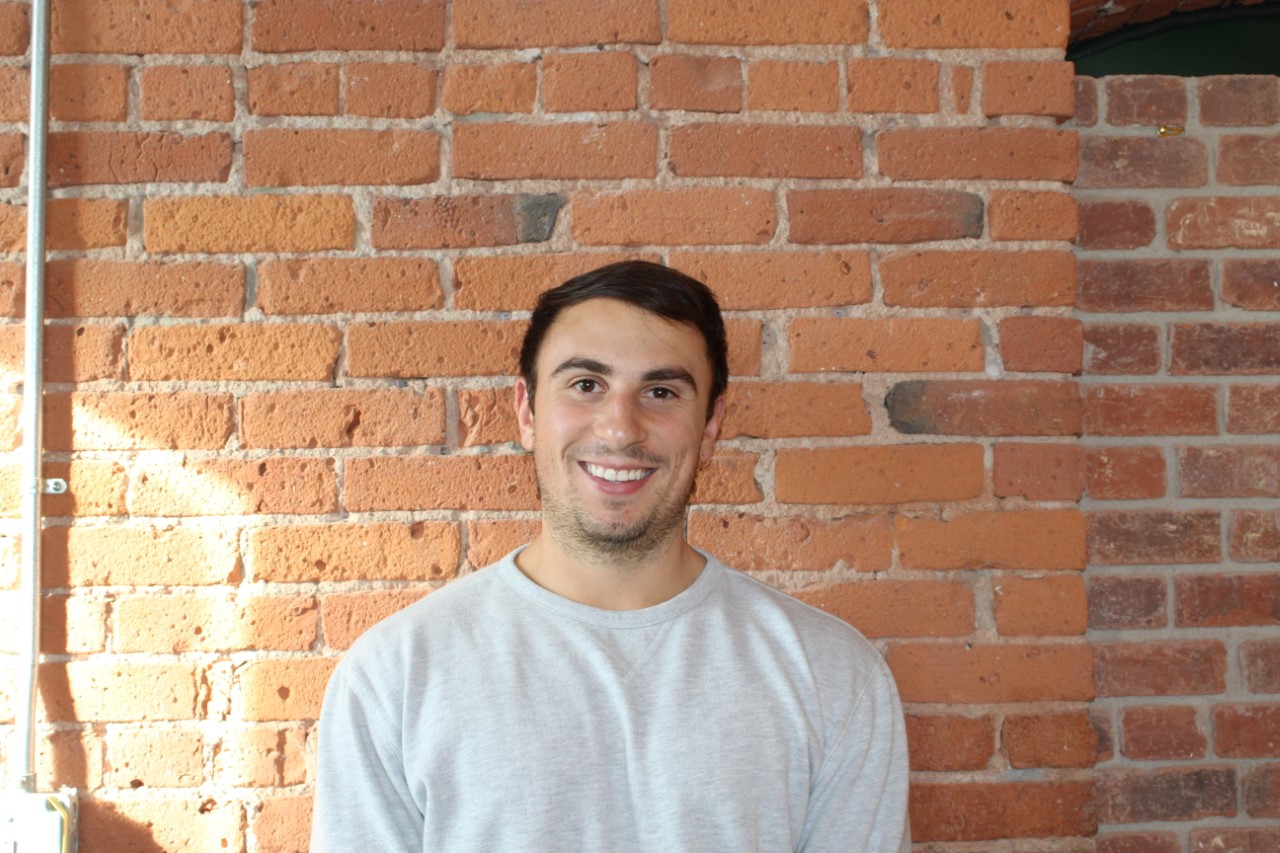What program are you a graduate of?
I’m a graduate of the Master of Science in Environmental Science and Policy Program.
Why did you decide to pursue a graduate degree at Northeastern University?
I’ve always been passionate about environmental studies and policy. I felt that I had a strong foundation in the policy aspect of environmental studies, but I was lacking in the economics, engineering, and science aspect. I felt that I needed to gain a balance between these focuses. It was evident that Northeastern’s program offered the holistic education I was looking for and the resources required to build my connections and networking ability.
How did your experience meet or exceed that expectation?
Northeastern exceeded my expectations. The professors were hands-on, incredibly knowledgeable about their field, and approachable.
How long was your program?
I was able to complete my degree in four semesters which lasted roughly 16 months.
What was your favorite course in the program? Why?
My favorite course was Cities, Sustainability, and Climate Change, with Joan Fitzgerald. Each week of the course was dedicated to different ways cities can mitigate and adapt to climate change. The most interesting aspect of the course was that it offered practical examples of “leading cities” in various policies, such as EV incentives, renewable energy, district heating, cooling, etc. The stories from Joan’s international travels to these leading cities and her numerous guest speakers were a breath of fresh air from the typical theoretical course that simply recycles textbooks each semester.
Did any specific faculty member help you excel in this program?
Joan Fitzgerald was one professor who helped me succeed throughout my program and even after graduation. During my third semester, I emailed Joan to inquire about any potential opportunities to boost my resume as a student. I was hoping for the chance to work as a TA or perhaps even do some background research for her next op-ed. Within two weeks of my initial email, she reached out to a New York State Energy Research and Development Authority connection about potential internship opportunities. Her connection and recommendation opened the door to an amazing year-long paid internship. With this experience, Joan and I co-authored and published an op-ed shortly after graduation in CommonWealth Magazine.
Tell us about your current role at Resonant Energy.
I recently accepted a position as project manager with Resonant Energy in Boston. Resonant Energy provides outreach, analysis, and project management expertise to public and private clientele to install solar panels on buildings to clients who would not be able to afford the attachments. We routinely cater to schools, affordable housing buildings, houses of worship, etc. I hope to continue working in this sector to alleviate the hardships of vulnerable groups in our fight against climate change.
How did your experience at Northeastern prepare you for your professional career?
Northeastern gave me the holistic education that I was looking for when I decided to attend graduate school. The professors frequently offered practical lessons and realistic scenarios that were beneficial to my understanding of this sector.
Do you have any advice for graduate students looking for work experience in similar fields?
Connections are crucial to starting a new career. First, utilize every opportunity to learn from the Northeastern faculty. Many of them had had professional careers before they began their tenures as educators. Second, use the services at the library and all the research organizations on campus. My resume was filled with experiences that I would not have gained if I didn’t reach out to faculty, ask questions, and explore new opportunities that were at my fingertips.

